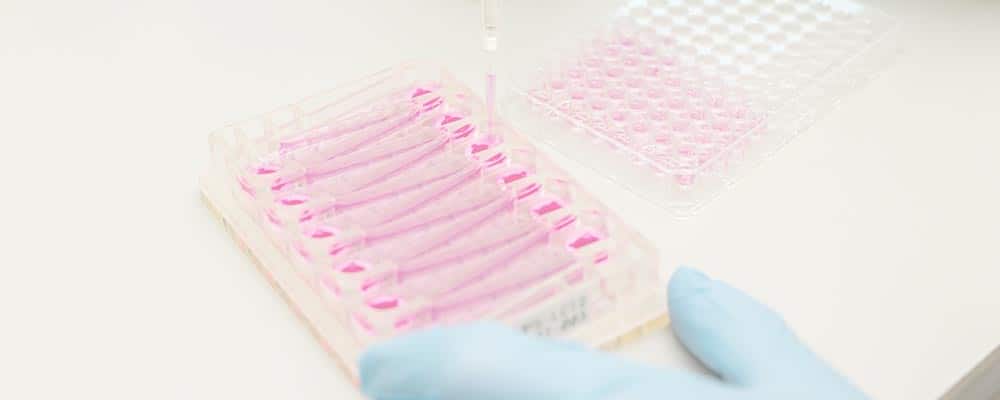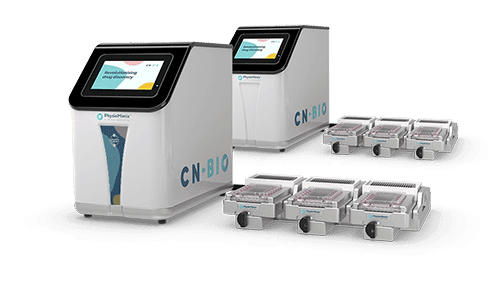DMPK / ADME studies assess the body’s effect on a drug from initial absorption, distribution to organs and tissues, metabolism and final excretion
ADME data is collected during drug discovery and preclinical phases to optimize drug properties, support candidate selection, and subsequently inform the design of the clinical phase.
Current industry methods
Simple in vitro ADME models often lack physiological relevance. Animal models circumvent this but a host of interspecies differences, for example in cytochrome p450, limit their predictability. Use of in silico modeling to improve the translatability of preclinical ADME data remains constrained by the quality of input data.
Advancements with PhysioMimix®
PhysioMimix models are highly metabolically competent, with expression of a full range of cytochrome p450s and transporters.
Multi-organ experiments recreate the process of drug absorption and first-pass metabolism to derive bioavailability, offering enhanced accuracy versus animal models.

Drug absorption
Absorption plays a critical role in determining the exposure of organs and tissues to a drug. A deeper understanding of the absorption process can help to achieve better bioavailability and refine dose. Recreating human representative absorption models is challenging, making it difficult to accurately measure this important parameter.
Our co-culture gut and lung absorption assays provide in vivo-like biological barrier properties to study compound absorption rates and more closely predict human outcomes.

Drug metabolism
Drug metabolism in the body is a complex process where drugs are structurally modified forming metabolites. Studying drug metabolism and pharmacokinetics (DMPK) is vital to identify lead compounds with optimal PK/PD properties, minimize any potential safety issues, and ensure efficient translation to the clinic.
Our liver, lung, and gut in vitro models can be used separately or in combination to study drug metabolism. These stable, human models accurately mimic the complexity of the physiological environment and offer a major advance for studying DMPK.

Drug bioavailability
Understanding the bioavailability of orally administered drugs is an essential part of the discovery process. Animals are notoriously poor predictors of human bioavailability and this leads to clinical failures.
Our multi-organ oral bioavailability assay with connected gut and liver models can provide accurate estimations of human bioavailability early in drug development, improving the chance of success in clinical trials.

Oligonucleotide delivery
The rise of oligonucleotide-based therapeutics provides a path forward for complex liver disease treatment, offering targeted and effective solutions where traditional therapies fall short.
Utilizing an advanced in vitro human Liver-on-a-chip, the PhysioMimix® Oligonucleotide delivery assay enables you to assess the targeted delivery of short oligonucleotide sequences to the liver, their uptake into hepatocytes and gene knockdown effects in a human-relevant model.


